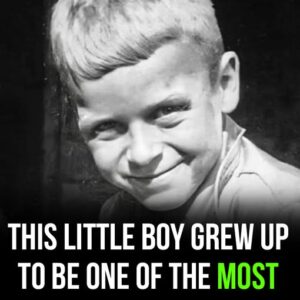He met mercy not as a theory but as a shock: monitors beeping, pale light on her face, the fragile rise and fall of the chest he’d nearly broken with his choices. The sight didn’t redeem him; it dismantled him. Every defense he’d rehearsed dissolved into a raw, stumbling apology that tasted like metal and fear. For the first time, he didn’t try to edit the narrative or argue his intentions. He simply stood there, guilty and present, and let the weight land where it always should have.
What followed wasn’t a miracle moment but a long, ordinary undoing of damage. Forgiveness grew in slow, unremarkable hours: signing discharge papers, learning how to swaddle, staying when the air turned heavy with old arguments. Trust rebuilt itself through small, unadvertised choices—showing up on time, answering the phone, telling the whole truth. Now, when he cradles their daughter and feels her fingers curl around his, he doesn’t make speeches. He just breathes in the life he almost forfeited and quietly chooses, again and again, to be the man who doesn’t run.





